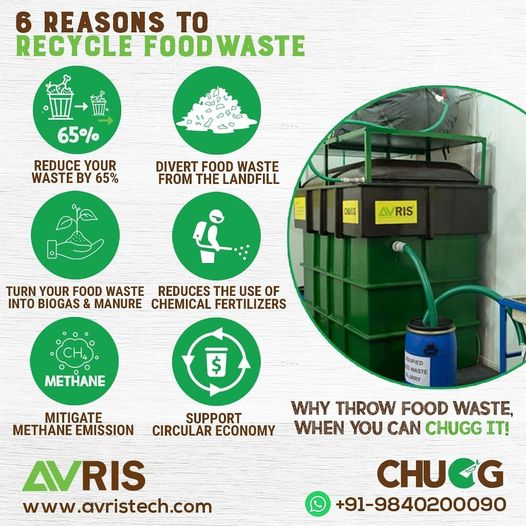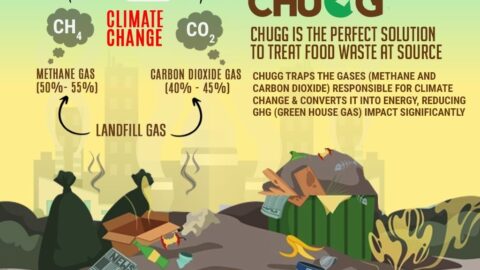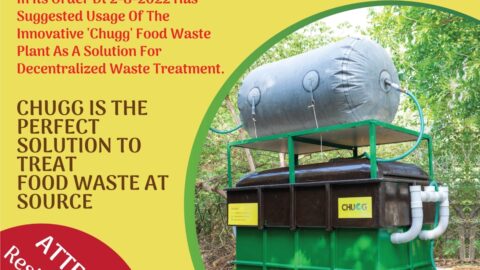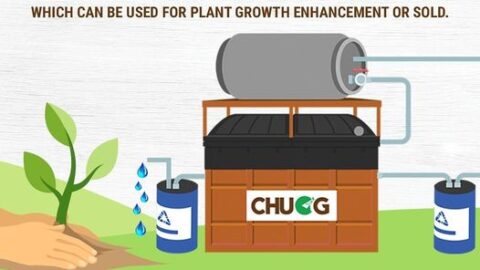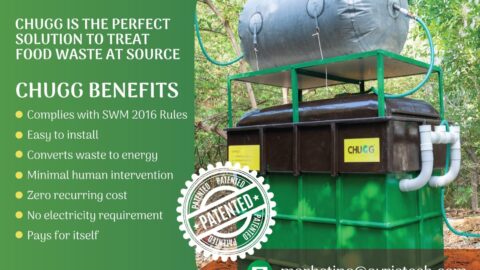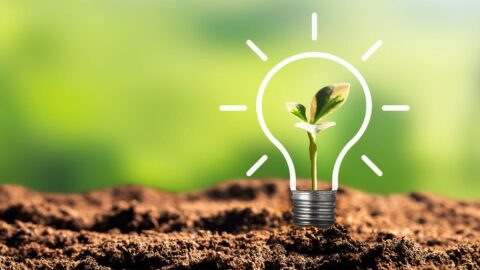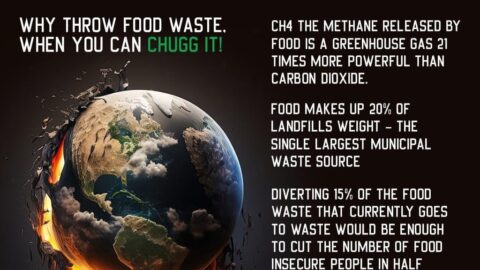Did you know? Food waste is estimated to be 30-40% of the overall food produced. This food is produced simply to be wasted by using the same amount of energy, and resources required to produce the food supply that is being consumed. About 30% of food is wasted at consumer and retailer levels. Most of us don’t realize how often we waste food and the negative impacts it can have on food security, the environment, and climate change.
Food waste happens because we take food supply for granted. We have ample choices to make when it comes to buying food. Nowadays it’s even simpler, the food can be delivered to your doorstep in just one click. All this convenience and food wastage contribute to the regular purchase of more food. Given that everybody is responsible for food wastage, it is important to understand why food needlessly goes to the bin and, how recycling can contribute to us.
There are so many initiatives that help us recycle food that is wasted, lost, or not needed efficiently. By recycling food waste we not only help reverse climate change, conserve energy, economy, and food waste management but also produce energy and fertilizer as well.
To make our environment a better place we need to adopt better solutions for food waste management in India. The growing awareness of climate change and energy conservation has led to many creative and economical options in recycling food waste.
Why recycling food waste is necessary?
Food waste that is dumped is taken to landfills. It doesn’t break down there instead is compacted and gets buried in the soil. In the absence of oxygen, it rots and decomposes producing a potentially harmful greenhouse gas called Methane. The average lifetime of Methane is 12 years yet it is 25 times more harmful than carbon dioxide as it traps more heat from the atmosphere.
Food waste that decomposes in landfills also produces leachates- a liquid produced when decomposing in the absence of oxygen. These leachates when ignored can pollute the underground water and waterways. By proper handling, and recycling of food waste you prevent it from going to landfill, which helps reduce greenhouse gas emissions, and leachate. Fewer land fill results in less greenhouse gas emission thus recycling makes food waste management in India simpler and easier.
Here are 6 reasons to recycle food waste.
- Reduces your waste by 65%
Organic waste is one of the ley matters of all municipal waste and about 65% of this organic waste material is food waste. Preventing is better than the cure we are looking for. But we can reverse the adverse effects caused by food waste to the environment by recycling. Recycling food waste will lessen the greenhouse gas emission into the environment, landfills, and transportation of waste to landfills.
Food waste can be turned into Biogas (a renewable fuel) and soil improver. This can be done by collecting food waste separately without mixing it with inorganic waste matters. Composting is a common method of managing organic waste matters. However, treating food waste with anaerobic digestion to produce Biogas is increasing. CHUGG- an innovative food waste treatment system treats your food waste at a source to produce Biogas and the residue obtained is rich in soil nutrients and thus can be applied as fertilizer for crops.
- Divert food waste going to landfill
From uneaten leftovers to spoiled food that we toss in the bin eventually end up in landfills. Where it gets compacted and decomposed to emit methane- a potent greenhouse gas responsible for global warming. About 65% of the wastes found in landfills are bio-degradable. Sources of organic waste matter include food loss during harvest, transportation and storage, food waste from the preparation of meals, leftovers, and spoiled food from restaurants, markets, and homes; garden and yard waste.
All these wastes reach the landfills and make the process of food waste management in India tedious. Therefore by diverting these wastes from reaching the landfill we can reduce a considerable amount of methane emission into the atmosphere. So why toss these organic waste matters in a bin while you can treat them using CHUGG- an innovative food waste treatment system which diverts food waste from reaching the landfill and also gives you Biogas and organic fertilizer.
- Turn your food waste into biogas & Manure
Food waste when fed to CHUGG undergoes a series of anaerobic digestion processes. During this process, Methane is produced and is captured in a chamber. This is then converted into Biogas using Nano-technology. Biogas can be used to produced heat, and electricity. In some places after series of filtration can be used as fuel for vehicles. The residue obtained is rich in soil nutrients making it an ideal fertilizer for crops. The energy and fertilizer obtained from CHUGG offset your investment by reducing the LPG bill, consumption of fossil fuel, and replacing chemical fertilizers which can be used in your own garden or sold to farmers.
- Reduces the use of chemical fertilizers
The food waste is fed in semi-liquid form by mixing it with water. After the anaerobic digestion, the residue that comes out of the sludge is known as digested bio-slurry. Bio-slurry is rich in Nitrogen (N), Phosphorus (P), and Potassium (K) is the most required nutrients for the plants. It has humic acid hence a perfect soil conditioner. It also acts as a pesticide and organic fungicide. When applied properly on plants it is improved to improve plant growth reduce weed growth by 50%. This digested Bio-slurry can be used in your own gardens or farm or can be sold to an organic farm.
- Mitigate Methane emissions
Methane is one of the most harmful greenhouse gas that is 25 times more potent than carbon dioxide. It hangs around the atmosphere for 25 years, unlike carbon dioxide which hangs around for 100 years. But Methane traps more heat than carbon dioxide making a potentially harmful greenhouse gas that is mainly responsible for global warming, climate change, and many health hazards in humans.
Most of the Methane is emitted from organic waste materials that rot in landfills. By recycling this food waste at a source using CHUGG- an innovative food waste treatment system curbs the emission of methane and produces Biogas- renewable energy.
- Support circular economy
Solving the issue of food waste management in India needs a collaborative approach between supportive government initiatives, entrepreneurial spirit, active industry participation, applications of disruptive technologies, and significant consumer behavior change. By recycling food waste there is a real advantage to be gained for business, communities and the environments in which we live, work and grow. India has an opportunity to reduce, reuse and recycle food waste through a wide range of options available today. Hence enabling new business models to emerge, financial benefits to be captured, and a growth that’s better for all.

